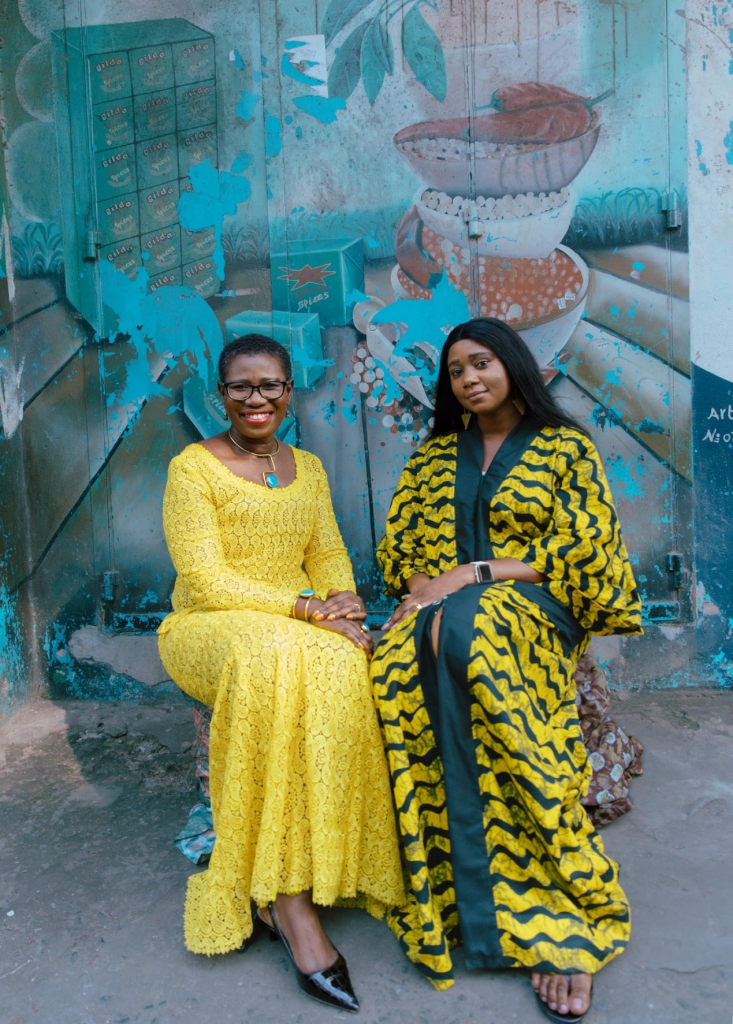A remarkable woman named Yvonne Aki-Sawyerr is leading a significant battle in Sierra Leone against the looming threat of climate change. A decade ago, as the country was recovering from the devastating Ebola epidemic, Aki-Sawyerr witnessed the onset of another crisis—this time one caused by environmental degradation. The lush tropical rainforests surrounding Freetown, the capital, were being ruthlessly cleared for housing and fuel, causing a deep sense of loss and despair. “I just suddenly noticed the level of deforestation,” she explains. “I parked my car and wept.”
Her emotional reaction was not unreasonable. The widespread deforestation had disastrous consequences, removing much of the natural drainage system that once protected the city. This vulnerability was tragically highlighted in 2017, when torrential rains, exacerbated by climate change, caused a catastrophic mudslide that destroyed the outskirts of Freetown, killing over a thousand people. The devastation served as a stark reminder of the world’s urgent climate crisis, which affects not only Sierra Leone but many other countries. Following the disaster, Aki-Sawyerr made the bold decision to run for mayor, a position she took in May 2018.
When Aki-Sawyerr took office, he quickly recognized the monumental challenges that lay ahead. Sierra Leone is one of the world’s most climate-vulnerable countries, plagued by extreme poverty that severely limits its ability to respond to climate-related crises, which are largely caused by the emissions of wealthier countries. Rather than succumb to despair, Aki-Sawyerr took a proactive approach, stating, “Things that are not right do not have to stay that way.” Her resilience stems from her strong bond with her homeland and dedication to its people.
Born in Freetown, Aki-Sawyerr had a successful career in finance and property development in London before returning to Sierra Leone to lead the country’s response to the Ebola outbreak. One of her most significant initiatives as mayor was the appointment of Eugenia Kargbo, Africa’s first chief heat officer. This ground-breaking role was created to assist Freetown residents in adjusting to the increasingly extreme temperatures that have become the norm. Kargbo has taken practical steps, such as building canopies to provide shade for women selling goods in the city’s bustling open-air markets. She is also looking into using heat-resistant materials to improve living conditions for those living in makeshift corrugated metal shelters. “Many of the people living in these communities suffer from both outdoor and indoor heat,” Kargbo says. “There is so much more to do, but one of the major issues that we face is funding.”
Despite the financial challenges, city leaders have made significant progress in restoring forests that were previously lost to deforestation. Over the last five years, the community has successfully planted over 1.2 million trees, with an impressive 82% survival rate. This initiative, aptly named “Freetown the Tree Town,” not only provides shade and beauty but also serves as a natural barrier against mudslides, protecting neighborhoods and increasing the city’s overall resilience.
Aki-Sawyerr considers the cultural significance of trees in Sierra Leonean traditions, recalling a ritual in which a newborn’s umbilical cord was buried next to a newly planted tree, symbolically connecting each individual to the land. She believes that reviving such traditions can strengthen communities and foster a greater appreciation for the environment. “So many traditions around trees have been lost,” she laments. “Just bringing that tradition back is incredibly powerful.”
With the help of Aki-Sawyerr, Kargbo, and countless others, Freetown is not only confronting the climate emergency but also rekindling the bonds between its people and their environment. Their work serves as a beacon of hope, demonstrating that even in the face of overwhelming challenges, change is possible when communities band together for a common goal. These women are not only planting trees to build a sustainable future; they are also sowing the seeds of resilience for future generations.
